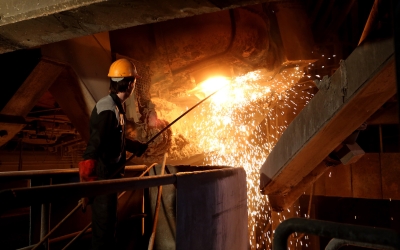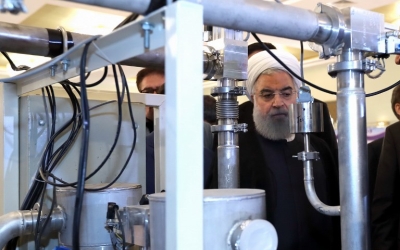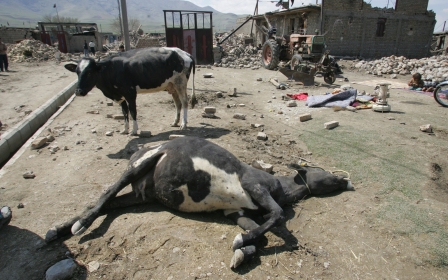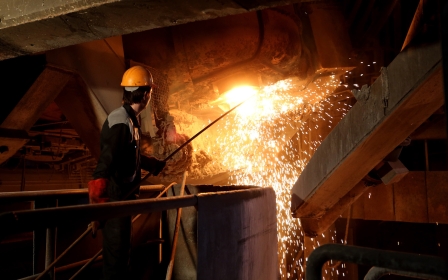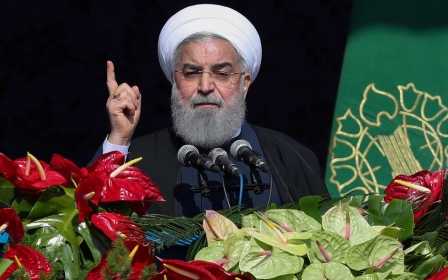'Call me,' Trump tells Iran, amid latest round of Washington-Tehran tensions
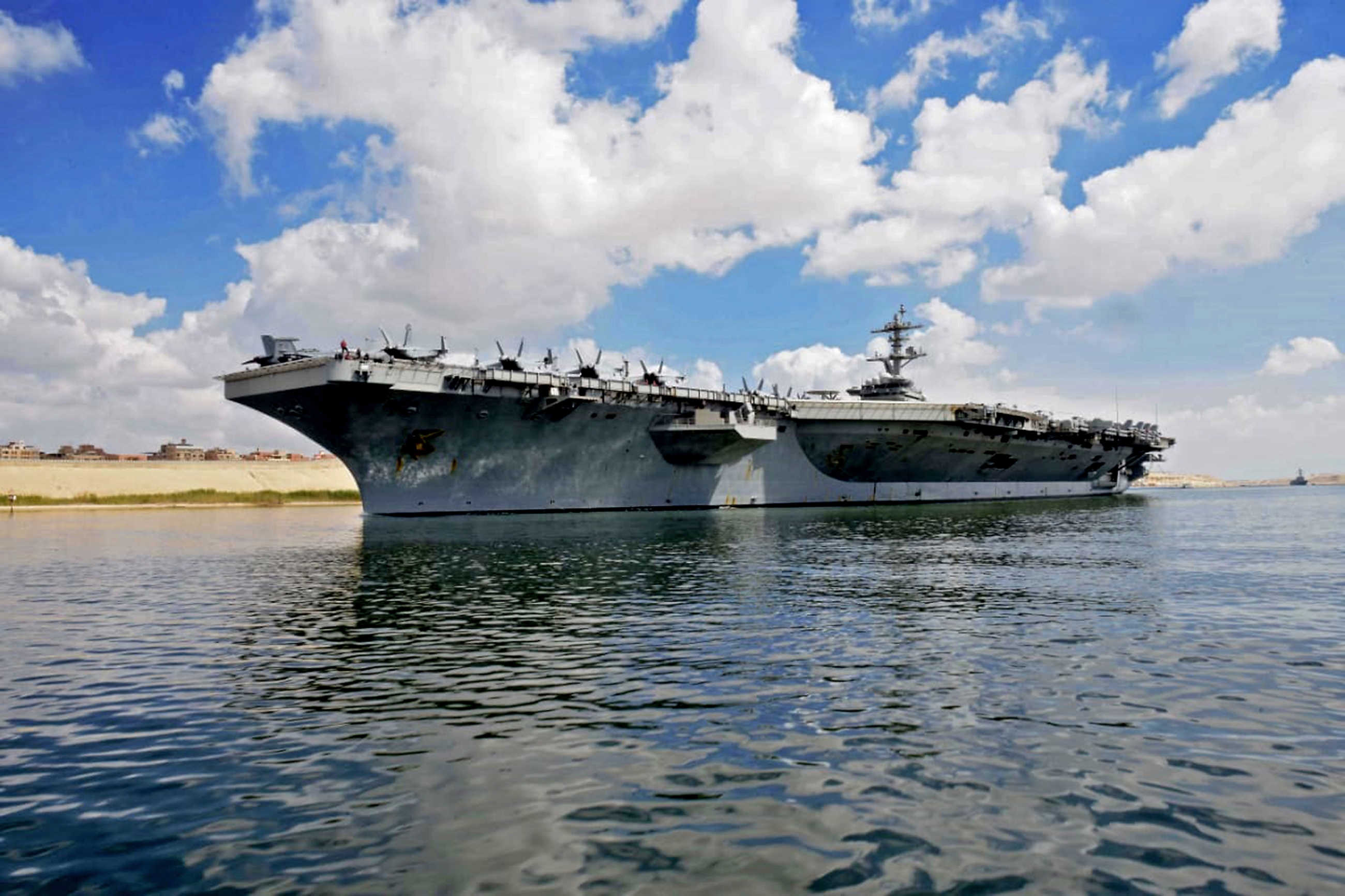
President Donald Trump has expressed a willingness to speak with Iran but has not ruled out a military confrontation, as tensions ratcheted up between the two countries this week.
At an impromptu news conference at the White House on Thursday, Trump told reporters that he "would like to see them [Iran] call me".
"What they should be doing is calling me up, sitting down. We can make a deal, a fair deal, we just don't want them to have nuclear weapons - not too much to ask. And we would help put them back to great shape," Trump said.
Washington's "maximum pressure" policy towards Tehran reached new heights this week, after the Trump administration sent an aircraft carrier to the Gulf amid unspecified Iranian threats.
In response, Tehran said on Wednesday that it planned to pull out of parts of the 2015 nuclear deal that Washington withdrew from last year while calling on European countries to protect it against US sanctions.
New MEE newsletter: Jerusalem Dispatch
Sign up to get the latest insights and analysis on Israel-Palestine, alongside Turkey Unpacked and other MEE newsletters
On Thursday, Trump declined to divulge any details about what prompted him to deploy the USS Abraham Lincoln to the region.
"We have information that you don't want to know about," he told reporters. "They were very threatening and we have to have great security for this country and many other places."
On Wednesday, Trump imposed a new round of strict sanctions on Iran's metals trade, which he said constitutes 10 percent of the country's exports.
In an executive order, Trump said the new sanctions prohibit "the sale, supply, or transfer to Iran of significant goods or services used in connection with the iron, steel, aluminum, or copper sectors of Iran".
Last autumn, Trump imposed economic sanctions on other sectors of the Iranian economy, including its crucial oil industry.
The goal, he said, was to apply financial pressure and stem Iran's influence in the region. This came less than a year after he pulled the US out of the multilateral nuclear deal.
That agreement, signed by the US, Iran and several European powers, aimed to curb the Iranian nuclear programme in exchange for a lifting of international sanctions on Tehran.
EU rejects Iran's ultimatum
Meanwhile, European leaders on Thursday rejected a 60-day ultimatum set by Iranian President Hassan Rouhani a day earlier.
Rouhani said on Wednesday that unless the signatories of the nuclear deal protect Iran's economy from US sanctions within that timeframe, Iran would start enriching uranium beyond limits set in the agreement.
While they rejected that ultimatum, European leaders said they want to preserve the nuclear deal.
"We reject any ultimatums and we will assess Iran's compliance on the basis of Iran's performance regarding its nuclear-related commitments," read a joint statement issued by the European Union and the foreign ministers of Britain, France and Germany, all co-signatories to the deal.
"We are determined to continue pursuing efforts to enable the continuation of legitimate trade with Iran," they said, adding that this includes facilitating a special purpose vehicle to get non-dollar business with Iran off the ground.
Iranian Foreign Minister Mohammad Javad Zarif quickly responded on Twitter, calling on EU countries to uphold their obligations under the deal.
EU leaders should normalise economic ties with Iran despite US sanctions, Zarif wrote, "instead of demanding that Iran unilaterally abide by a multilateral accord".
The US, which pulled out of the nuclear agreement to widespread criticism from its allies in Europe, previously said Iran must adhere to 12 preconditions for another deal to happen.
That includes a demand for Iran to stop funding armed groups in the region, including Hezbollah in Lebanon and Yemen's Houthi rebels, as well as fully withdraw from Syria.
Iran, for its part, has insisted that it will continue to defy US sanctions and has not indicated that it will reduce its involvement in the region.
Middle East Eye delivers independent and unrivalled coverage and analysis of the Middle East, North Africa and beyond. To learn more about republishing this content and the associated fees, please fill out this form. More about MEE can be found here.


